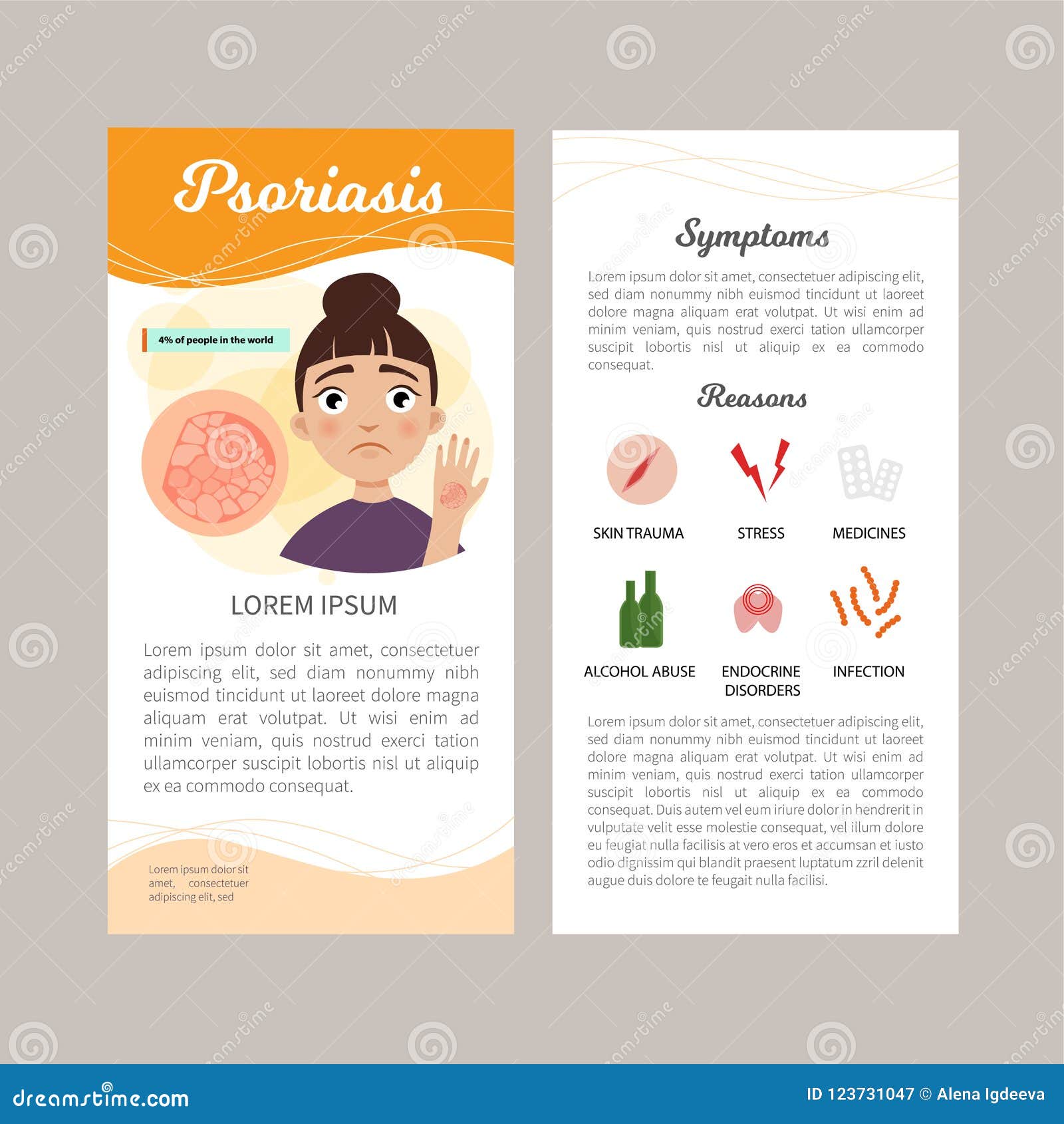Misconceptions And Truths About Acne: Debunking Common Misconceptions
Misconceptions And Truths About Acne: Debunking Common Misconceptions
Blog Article
Created By-McConnell Morse
You may believe that enjoying delicious chocolate or greasy foods is the root cause of your acne, yet that's just among lots of misconceptions swirling around this typical skin problem. In fact, acne mainly originates from blocked hair roots, not your last treat. botox alternative like these can lead you to embrace ineffective skin care techniques that might also aggravate your situation. As you navigate the facts behind acne, you'll uncover insights that can transform your technique to skin care and help you achieve clearer skin. So, what truly exists below the surface area?
Common Myths About Acne
When it pertains to acne, many individuals count on usual myths that can cause confusion and irritation. One prevalent myth is that eating delicious chocolate or greasy foods creates acne. While diet regimen can affect skin health and wellness, the straight web link between certain foods and acne isn't as clear-cut as numerous believe.
One more common mistaken belief is that you should scrub your face intensely to clean up breakouts. Actually, hostile scrubbing can irritate your skin and get worse acne.
You could likewise believe that acne just impacts young adults, however grownups can experience it too, usually because of hormone changes or stress and anxiety. Some individuals assume that tanning can clean up acne, yet sunlight exposure can in fact bring about skin damages and intensify outbreaks over time.
Last but not least, many think that making use of harsh products will certainly remove acne quickly. However, these items can remove your skin of its natural oils, causing raised irritation and even more breakouts.
Scientific Information Behind Acne
Understanding the clinical realities behind acne can equip you to tackle this common skin condition better.
Acne occurs when hair follicles become obstructed with oil, dead skin cells, and bacteria. This process typically starts with an overproduction of sebum, the oil your skin naturally creates. Hormonal modifications, specifically throughout puberty or menstrual cycle, can cause this excess oil.
Germs called Propionibacterium acnes prosper in these blocked pores, leading to swelling. When https://upstatelive.com/news/120036/cosmetic-surgery-equipment-market-size-growth-and-forecats/ reacts, it can trigger redness and swelling, resulting in those pesky acnes or cysts.
Genetics likewise contribute; if your moms and dads had acne, you may be a lot more prone to it.
how much is a unit of botox and stress and anxiety levels can influence acne also, yet study is still advancing in these areas. While indulging in oily foods won't straight create outbreaks, a well balanced diet can sustain your skin health and wellness.
Furthermore, managing tension can minimize hormone changes that might aggravate acne.
Tips for Managing Acne
Taking care of acne successfully needs a mix of everyday skincare routines and way of living changes. Beginning by developing a consistent skin care routine. Cleanse your face twice a day with a gentle, non-comedogenic cleanser to remove dirt and excess oil. Stay clear of rubbing too hard, as this can irritate your skin and intensify acne.
Next, integrate items having salicylic acid or benzoyl peroxide to help protect against breakouts. Constantly follow up with a lightweight, oil-free moisturizer to maintain your skin hydrated. Don't fail to remember sunscreen; choose non-comedogenic choices to safeguard your skin from UV damages without clogging pores.
Past skin care, focus on your diet plan. Limit sugary and greasy foods, and concentrate on fruits, veggies, and whole grains. Remaining hydrated is crucial, so beverage a lot of water throughout the day.
Furthermore, take care of stress and anxiety with tasks like yoga, reflection, or workout, as anxiety can set off breakouts.
Last but not least, prevent choosing or popping acnes. This can bring about scarring and more inflammation. If your acne lingers, consult a dermatologist for personalized treatment alternatives.
Conclusion
In conclusion, it's essential to separate truth from fiction when it comes to acne. By exposing common myths, you can much better understand your skin and make notified selections for your skincare routine. So, why remain to believe in outdated ideas when the fact can equip you? Welcome much healthier practices, focus on gentle cleansing, and bear in mind that handling acne is a trip. With the best understanding, you're one step closer to clearer, much healthier skin.
